Before you laugh at the question, consider the fascinating fact which I learned when suing a bunch of federal judges for the obvious fraud they committed while adjudicating my case: in their defense those judges invariably claimed to have what they called “sovereign immunity from prosecution.”
Think about it for a second. In a monarchical system, the monarch is sovereign over the people, who are just his subjects. Accordingly, the government bureaucracy, being merely the emanation of royal power and the instrument by which the monarch exercises his dominion over the populace, is sovereign too. As an extension of the sovereign, the government has sovereignty over the people.
But who is the sovereign in a republic?
The people. And since by definition there can be only one sovereign in a state, in a republic the government cannot possibly be its sovereign: if it were the sovereign, than the people would no longer have sovereignty. When people are sovereign, the government isn’t. Simple as that.
Yet in claiming the right to “sovereign immunity” as protection from litigation against it’s misdeeds, the US government of necessity claims to be the sovereign. From which it automatically follows that the American people, in accepting this arrangement, surrendered their sovereignty, and along with it, gave up the republican form of government.
When asked by an eager passer-by what form of government was chosen by the Constitutional convention for the United States, Benjamin Franklin famously replied “republic, if you can keep it.”
We couldn’t. In fact, we didn’t try. We did not have a chance.
It was largely Benjamin Franklin’s, and other founding fathers’ fault: they completely failed to grasp the fact that the new form of the union required a totally new, republican form of the judiciary – the judiciary that served people and not their rulers, the judiciary that sought justice, rather than the interests of the judges’ political masters, the judiciary that actually considered the case before it by applying logic to parties’ argument and gave victory to the stronger one, rather than the judiciary that instinctively figured out which outcome would be best for the powers that be, and substituted parties argument with their own fantasies so as to use those fake “findings” that fit the predetermined outcome as a fig leaf, the net result being that the actual cases brought by the parties themselves were never considered, justice being trampled on with total impunity by the arbitrary “justice” system.
Instead, our founding fathers left judges to their own devices – and the judges merrily reverted to the previous, traditional, monarchical jurisprudence, treating our nominally-republican government as the sovereign, and the nominally-sovereign public as its subjects, to be treated with utter disdain.
Given that federal courts – the very place to which we have to turn to enforce our sovereign constitutional rights of citizens of the republic – is a thoroughly monarchical institution that claims sovereignty over us, thus treating us as subjects and feeling free to use lies and fraud to deny us justice, the question is a valid one. Is the US a republic? Or is it, after all, a monarchy?

